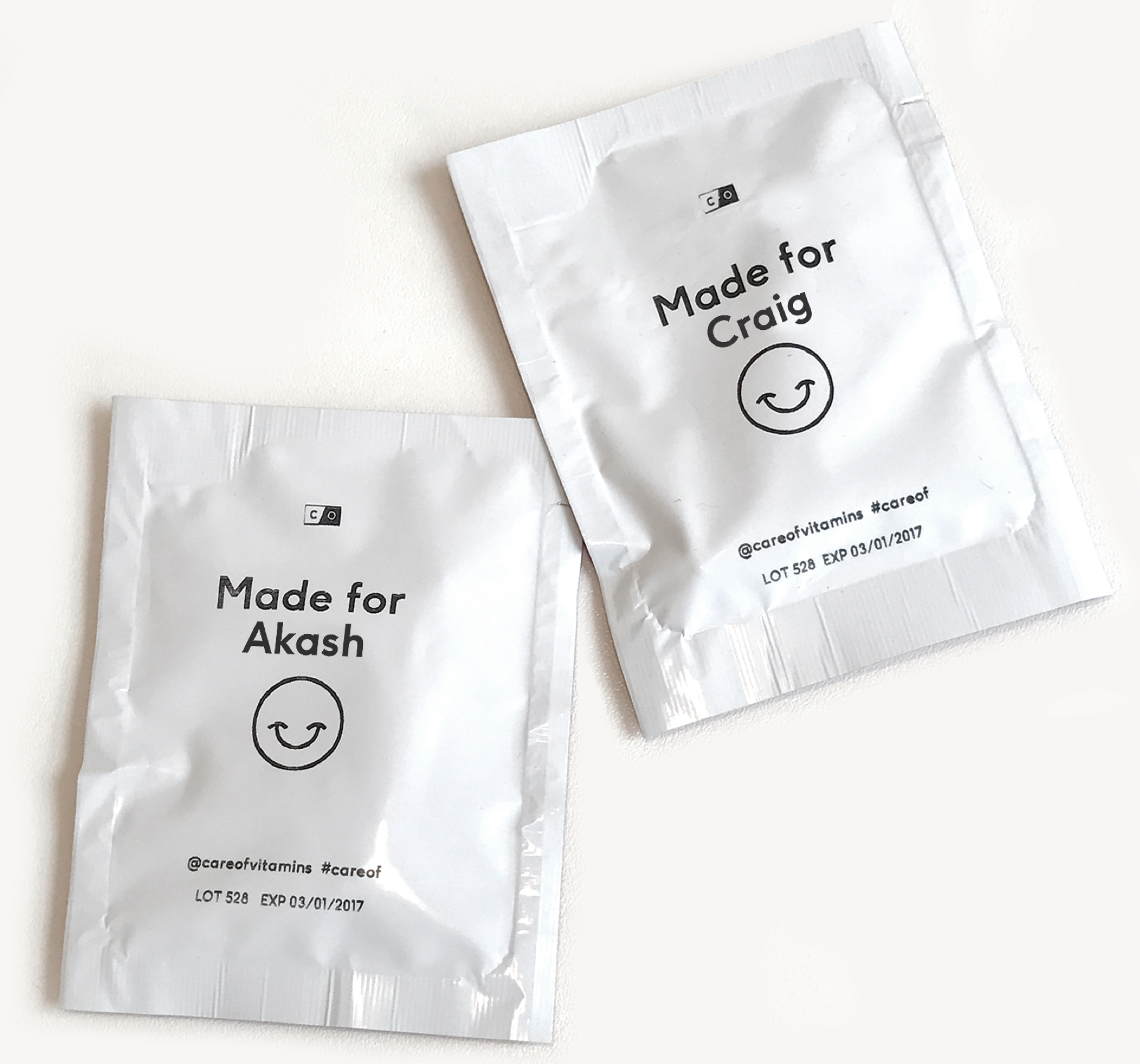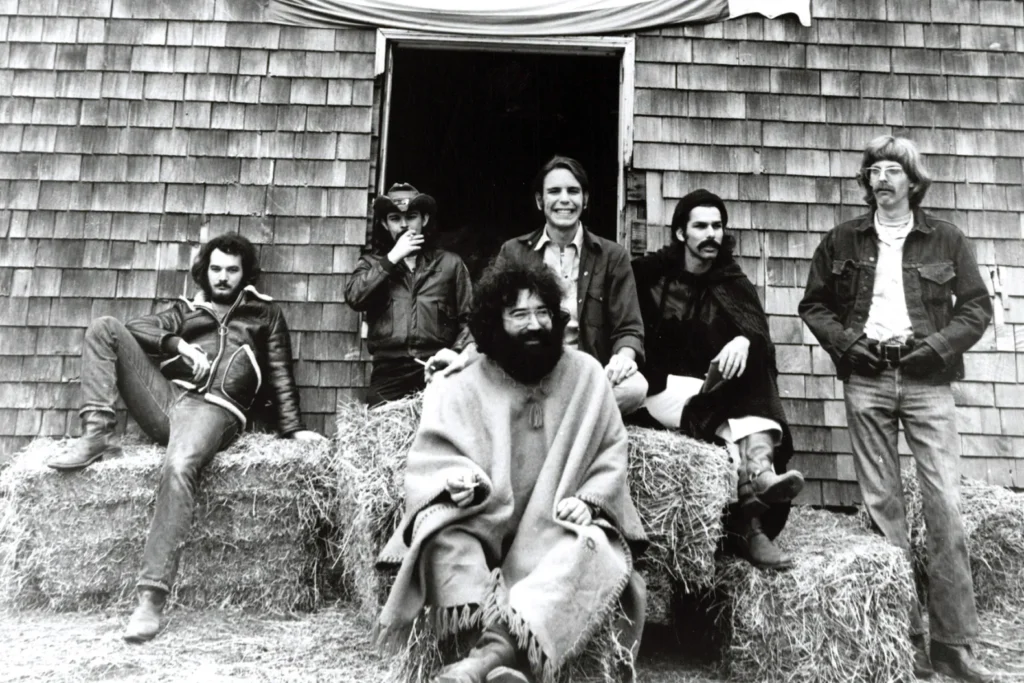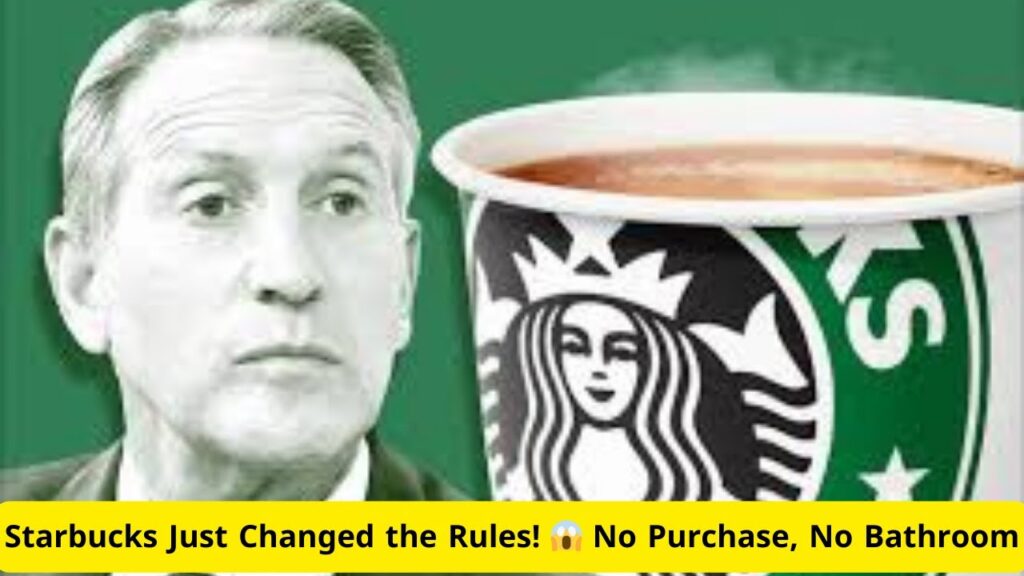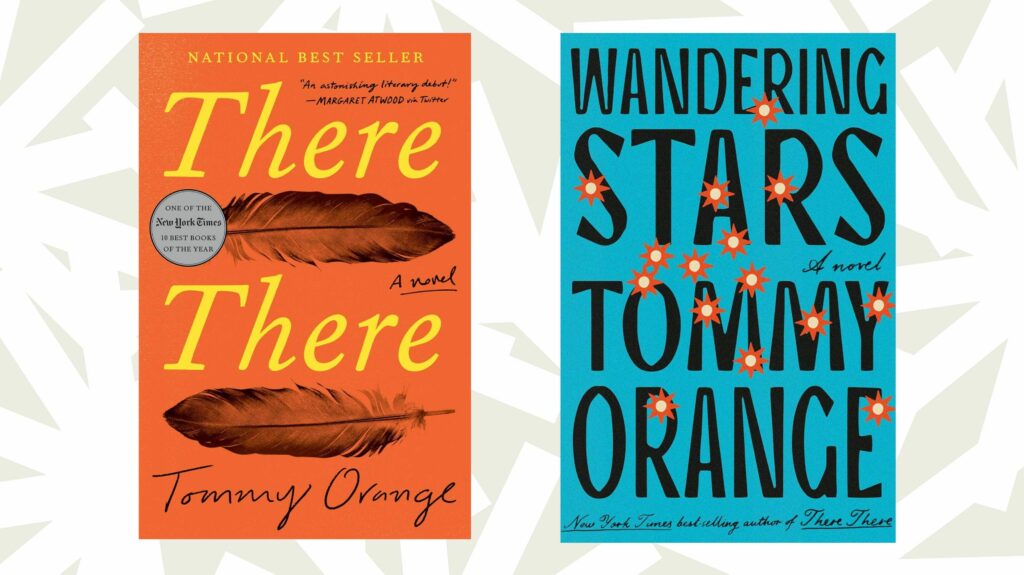 New Reality Or Silly Fad?
New Reality Or Silly Fad?
Our attitudes and behaviors evolve from the time we are born with each new phase of life. The 8-year-old looks back on her “baby days” and feels so grown up. The 12-year-old can’t believe there was a time when he played with toys. Teenagers think the 12-year-olds are little kids. 20-somethings are convinced they are all grown up and now know everything there is to know about love and romance. And so it goes with each new life-stage.
We accumulate wisdom that casts our previous thought patterns and behaviors in an entirely different light. Looking back, we see may see our past with nostalgia, warmth, amusement, embarrassment, shame or any number of feelings.
I would like to think that I have aged gracefully in the marketing business as well as in my personal life. Like all other human beings, I have experienced disaster in both. Perhaps unlike some others, I have come to accept that the responsibility for those outcomes falls squarely on my own shoulders. “Life lessons” are always difficult to accept and process. Having had my fair share of them, I’d certainly prefer to avoid any more of these messes in the future, but I do accept, as we all most, that there will be more of them. What doesn’t kill us makes us stronger, right?
Thinking about my marketing career to date, I have fluctuated wildly between feeling that “My instincts are the best and I know everything” and “my instincts are awful and I know nothing.”
At this point in my life, I am quite comfortable in asserting that “I know a lot.” This is reinforced every time I stand in front of my grad students at USC and when I work with colleagues and clients. More important, I feel that I have successfully synthesized the depth and breadth of my knowledge, gained from rich experience in nearly every product and service category known to humankind, into a distinctive perspective on marketing and life. This, in turn, helps me educate and mentor my students and younger clients, offering a focused approach to solving marketing problems.
But this doesn’t mean that I no longer question my instincts incessantly. As I did when I read this piece in the Wall Street Journal, We Now Live in a World With Customized Shampoo. The subhead reads, “With more data available, companies are personalizing everything from sports drinks to skin care to shampoo to suit individual needs.”
It is at times like this when I think to myself, Am I turning into the old guy who shouts “Get off my lawn,” or has the world gone truly crazy? I just tweeted to the writer, @ellenbyron, “Could you keep a straight face while writing this?” (She replied, diplomatically, “I always write with a smile, of course.”)
The article reports on the continuing trend, made possible by Big Data and technology, to craft products to a higher degree of personalization than ever:
Using a sophisticated analysis of an individual’s perspiration, (Gatorade) plans to introduce a line of products to personalize their beverages. Depending on whether you are trying to become faster or stronger or achieve other fitness goals, Gatorade will soon be offering custom drinks for various “hydration needs.”
No doubt your hydration needs are as complex and vast as mine. Sometimes I get thirsty, too.
Other examples of personalization cited by the WSJ include:
Nutrisystem introduced DNA Body Blueprint, an at-home DNA test that is the basis of a 40-page report on nutrition needs, metabolism and fitness suggestions based on the user’s genetic coding. The test delivers new insight into an individual’s weight-loss efforts…
Prose…a line of made-to-order hair products (for which) users answer about 30 questions online about topics including their hair, diet, stress level, climate, fitness routine and shampoo frequency.
Nutrition firm Care/of aims to demystify the world of vitamins. Customers spend about five minutes online completing a profile of their health needs and goals. Then they receive a list of vitamin recommendations and corresponding research that explains the company’s selections. Customers can select which vitamins they want in their monthly supply of daily vitamin packs. Each pack is printed with the customer’s name, which makes taking daily vitamins fun and builds lucrative word of mouth, says co-founder and Chief Executive Craig Elbert. “People do like posting photos of their name,” he says.
How many snarky observations do I have about all of this? How much time have you got?
Haven’t you always thought that the world of vitamins needed demystification? Grown-ups who need vitamins to be “fun” and “like posting photos of their name?” Wouldn’t it be better to just get a life?
To potential targets of the Gatorade personalization, I would say train hard and drink a lot of water. If you’re not an Olympic athlete, this new drink won’t improve your speed, strength or endurance. Duh. You know this already, right?
Gatorade’s head of innovation and design, Xavi Cortadellas, is quoted as saying, “Technology is allowing us to democratize sports-fuel personalization.” I’m so relieved. Who among us hasn’t woken up in the middle of the night worrying about the democratization of sports-fuel personalization?
Of course, my cynicism doesn’t matter a bit if people are willing to sacrifice the time, privacy and money to feel so very special. After all, personalization is an inevitable result of social media, which so adeptly provides the illusion that we are ally very special. Hundreds, if not thousands, of people really care about what you just had for lunch.
Which brings me back to my marketing dilemma. This is the age we live in and we best pay attention. My cumulative wisdom tells me that people know bullshit when they see it, that all this is just a fad, a bad dream that will pass, like mullet haircuts or man-buns.
Life is already imitating the dystopian near-future of Black Mirror. How many articles have we seen about our loss of privacy lately? How much more can our public discourse decay and our institutions erode? How much longer until community is lost to vanity and selfishness?
I could be very wrong about all this. If we’re being totally honest, virtually every generation from the beginning of time has cited the (perceived) folly of young people to predict chaos and despair. But life goes on, and over time, generally improves. This time things aren’t likely to be any different. “Better” or “worse” are not the right words. “Different” is more apt.
More important, it is critical for those of us with more life experience to understand that what’s “folly” to some is quite serious to others.
When I was in my early 20’s, young and bulletproof, I envisioned a future where I’d always be “just as hip as I am today.” I’d know all the new musical artists and every pop culture reference. Try as I might, it didn’t quite work out that way. I am certainly more in tune than most boomers, but in my second career as amateur musician, it’s rare that I cover a song written in the 21st century. I do read a lot about what’s going on in the world but that’s not nearly the same as living that life. It’s a sad day when I don’t recognize many of the musical artists on SNL. This is one of the key reasons I teach and why I love hanging out with my 20-something musician friends. That one degree of separation that gives me a better feel for what’s up with “the kids.”
Having said all that, isn’t all this hyper-personalization is just stupid? I would say to my 20- and 30-something friends, “You want to get fit? It’s not the Gatorade and it’s not the vitamins. Exercise, eat right and drink lots of water. Don’t waste your money.”
Now get off my f***ing lawn.



